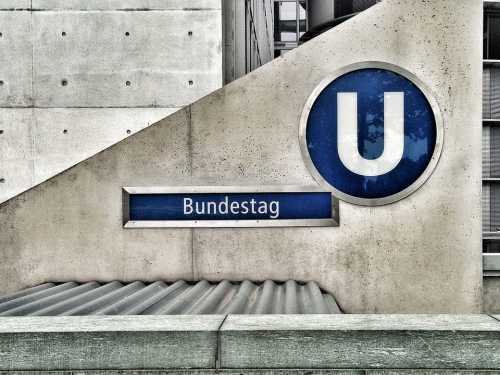
The German language is a true champion in creating long and precise words that describe complex mental states in one fell swoop, Ukr.Media reports.
The secret of this “magic” lies in the ability of the German language to combine several words into one new one. When Welt (world) is combined with Schmerz (pain), we get Weltschmerz – “world pain”. The Ukrainian language rarely forms such complex concepts in one word, more often describing them in phrases.
Here are a few German words that could complement the Ukrainian vocabulary – they so aptly describe feelings familiar to everyone.
Weltschmerz – world sorrow
This is not ordinary sadness. Weltschmerz is the awareness of the imperfection of the world, an inner disappointment with the way everything is arranged. When you watch the news, think about the future of humanity, ecology, wars – and you feel an endless philosophical longing. The word appeared in the era of German Romanticism and became popular thanks to the philosopher Schopenhauer.
In Ukrainian we say “the heart aches for the world” or “philosophical longing.” But the German word encompasses all these nuances into one concept.
Fernweh – longing for a place you've never been
If nostalgia is homesickness, then Fernweh (Ferne – distance, Weh – pain) is longing for places you've never been. The desire to change reality, to breathe different air, to become a different person.
In Ukrainian, it is “the craving for travel” or “dreaming of distant lands,” but the German word more accurately conveys the nature of this feeling — not just a desire to travel, but the real pain of not being able to be where you want to be.
Schadenfreude – mischief with German precision
It's a veiled, uncomfortable feeling that's hard to admit, but everyone feels it. When someone who's been annoying you finally gets something wrong – and you smile inside. Schaden – pity, Freude – joy.
The Ukrainian “zlovtikha” is close in meaning, but the German word has become an international term precisely because of its accuracy in describing this complex psychological phenomenon.
Torschlusspanik – fear of not being in time
The word comes from the Middle Ages, when city gates were closed at night, and one had to be in time. Tor – gate, Schluss – closing, Panik – panic. Today it means the fear of missing out on something important in life: career, love, children, travel. Especially after 30, 35, 40 years.
In Ukrainian we say “fear of not having time” or “worrying that time is running out,” but the German word aptly conveys this very moment of realization that “the gates are closing.”
Kummerspeck — “sadness lard”
Kilograms gained through stress, breakups, disappointments. Kummer – sadness, Speck – lard. When you ate your broken heart with chocolate filling. This word combines humor, sadness and self-irony – a typically German acceptance of human weaknesses.
Why is it difficult for Ukrainian to create such words?
German easily forms compound nouns by combining several stems. Ukrainian uses descriptive constructions or word combinations more often. This is not a disadvantage – just a different way of thinking.
Does Ukrainian need such one-word equivalents? Perhaps multi-word descriptions better convey the subtleties of feelings. Or perhaps the lack of separate words reflects cultural differences – is “panic before the gates close” as widespread in Ukrainian culture as in Western ones?
The German language, despite its external “rigidity”, has a huge emotional palette. It is the language not only of philosophers, but also of subtle psychologists. And sometimes, to understand yourself, you just need to find the right word – even if it is German.
Джерело: ukr.media






